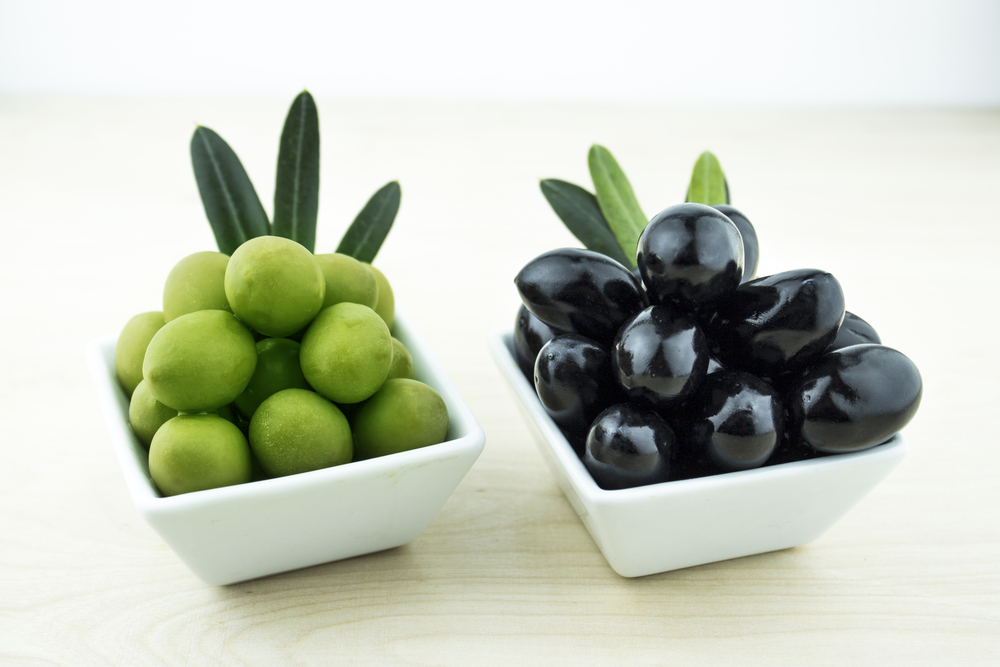Spain - New regulation for Olives

The olives are part, together with the olive oil, of a sector with a special relevance for Spain, due to its strategic character and its great territorial implantation, being Spain the biggest producer and exporter of the world.
The claims made by the sector on certain contents of the regulation and the evolution of the relevant international standards, make necessary to adapt the regulation of olives to the reality of the market, by publishing the new Real Decreto 679/2016 related to the quality requirements for olives, and so repealing the Real Decreto 1230/2001.
The main subjects taken into account have been focused on the simplification of products and forms of presentation, adaptation of defects and their tolerances to the technological development of the collection and processing processes, and the food information provided to the consumer. In relation to the indication of the olive variety in the labeling of the product, it has been decided to use it on a voluntary basis, making it possible to use it in markets where it is considered interesting to make known the Spanish olive varieties. In case it is declared, it should be preceded by the mention “variedad” and not within the legal denomination.
Among the main changes, we find three new definitions: Pulpa de aceituna (olive pulp), Salmuera de acondicionamiento (conditioning brine) and envero (maturation process). There is also a new elaboration process defined aliñado (seasoned) and three types of products: alcaparrado (mix of olives and capers), mezcla o coctel o combinado de aceitunas (olive mix) and pasta de aceitunas (olive paste).
Our Labeling Services can support every company who needs to review their labels in order to ensure the correct adaptation to the new regulation.
Source: Mérieux Nutrisciences Spain

